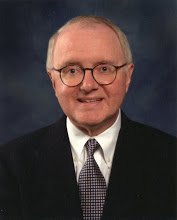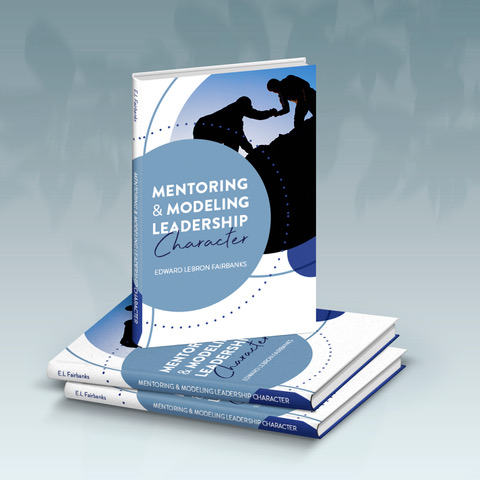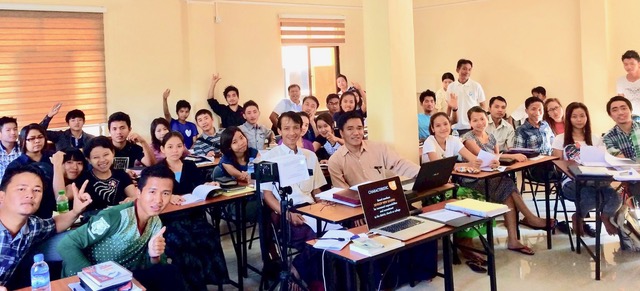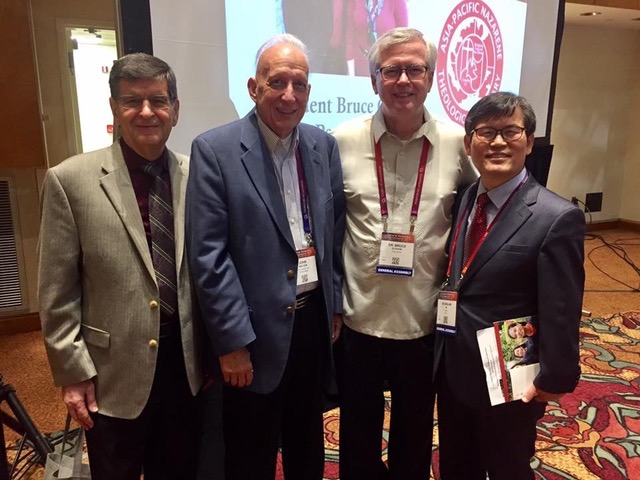This blog post is written by Russ Bretholt. Posted with permission from the author. See his blog HERE.
It was 20 years ago this May that I gave my first and only commencement address. When the president of a liberal arts college, and long-time friend, extended the invitation his advice was polite but direct–keep it short.
About this same time I had been positively influenced by Charles Handy, the Irish-born, Oxford-educated writer and consultant. His book, “The Age of Unreason,” centers around the idea of “discontinuous change.” Instead of familiar change patterns (i.e., the four seasons or hierarchical work) we were entering a period where business and nonprofits would see breaks in long-held patterns requiring “discontinuous thinking.”
His thesis found its way into our address and has stood the test of time.
Perhaps the most relevant application in the book for today’s college graduate has to do with the way work is organized. “How we work and earn a living,” Handy said, “will make the biggest difference in the way we all live.”
How true this is turning out to be.
Glancing back
Re-reading my commencement speech I realized this 1993 graduation exercise, held before a polite group of graduates, families, friends, and community leaders, came ahead of email, Facebook, Twitter, and texting. It took place before a collapse in the tech market, a horrendous economic downturn, and diminishing job opportunities coupled with ever increasing tuition.
What would I do differently if giving the speech today? Shorten its length. Update the illustrations. Say a little more about the job market. However, the principles would remain largely in place.
Looking ahead
An address for the Class of 2013 would hopefully benefit from two additional decades of learning on our part.
The main points might look like this:
It helps to have a mentor. You can probably make it without one but it’s an advantage to have a person or persons who offer counsel at appropriate times in your life. A mentor provides wisdom drawn from their own character and experiences. Great supervisors sometimes fill this role.
Build a network–find a job. Initially it should include just about every adult you know. How do you find the better job? Word of mouth. Credible third-party referrals are the best source of jobs. “It’s not who you know–it’s who knows you.” If you need work then communicate that information to everyone in your network. Be willing to relocate and do whatever it takes to get inside an organization–go from there.
Develop a global view. How we see things determines how we’re likely to respond.
Communication, technology and transportation have made the world a smaller place. You will be expected to function and interact in this environment.
Opportunities will come along to expand your horizons, often from the least likely places. Travel may be one of the best forms of education anyone ever received. For me it’s been the equivalent of a Ph.D.
Ideas rule the world. The importance we place on the imagination will only increase in your lifetime. Facebook, Twitter, iPhone, iPad, Linkedin, and Google are all less than 15 years old.
An application used to be something you filled out to get a job or line of credit. Now hundreds of thousands of “apps” are gateways to information and entertainment.
Good ideas, not just great ideas, are in short supply. Believe me when I say there is an enterprise of some sort waiting for a contribution only you can make.
Keep learning. I mentioned to a college student recently the value of being a reader. How it makes you a better writer, communicator, and conversationalist. I am referring to something more than 140 characters such as books, newspapers, magazines, e-versions or hard copy. Doesn’t matter.
The potential is there for your knowledge and vocabulary to expand significantly. Critical thinking takes on new meaning.
What I am suggesting may not seem of value in a smartphone universe but to employers, and for your job prospects, the skills are priceless.
It’s not just the experiences of life that count. It’s what you take from the experiences that make a difference. Menial tasks and tough assignments, if understood properly, have purpose in them.
No matter what type of leadership or management training programs are offered, you are ultimately responsible for your own development.
Make it a practice to be near the best people and learn all you can from them.
It pays to be different. Sameness is a road to nowhere. This is true for an individual or business.
So when there is a tight job market and parity of talent, something has to separate you from the crowd.
Such as…
Knowing who you are–self-aware. Being truthful. Honesty in your dealings. Solid character. Showing up on time. Sharing and giving credit. Cooperating with others to get things done.
Helping others who can’t pay you back.
Combine these attributes with the right basic skills and a graduate can get off to a good start–even in a tough job market.
Caution: The payoff for this kind of behavior is over time. Being different tends to exact a price of its own. The upside is that you’ll be able to look yourself in the mirror and get a good night’s rest at the end of a long day–most of the time.
Pomp and circumstances
Even though employment may be scarce in certain fields right now, over the long-term, there will be opportunities to decide where the depths of your professional commitments should be given.
Trying different things, especially early on, is a way to discover what’s out there. The economy may force this issue anyway.
Whatever you do choose wisely, especially in an unreasonable age. After all, career decisions will shape your passions, relationships, and contributions to the world in which you live.






